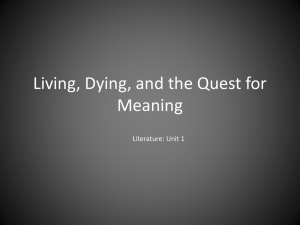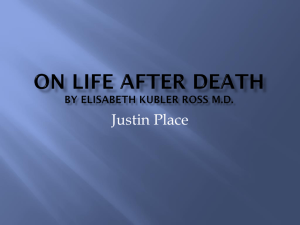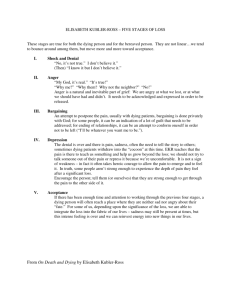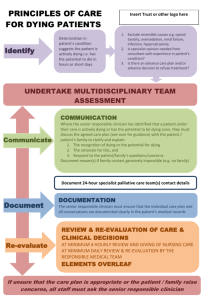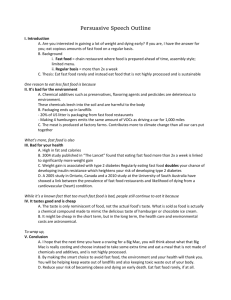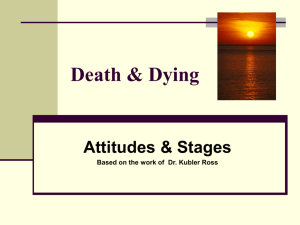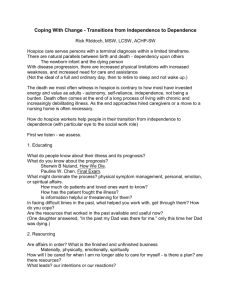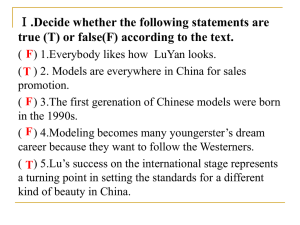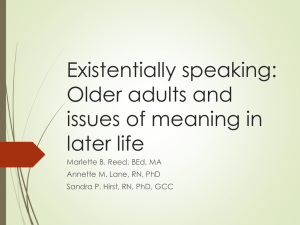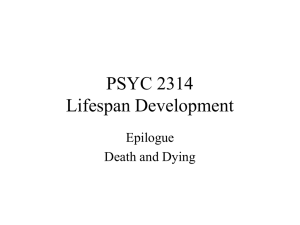prozemi
advertisement
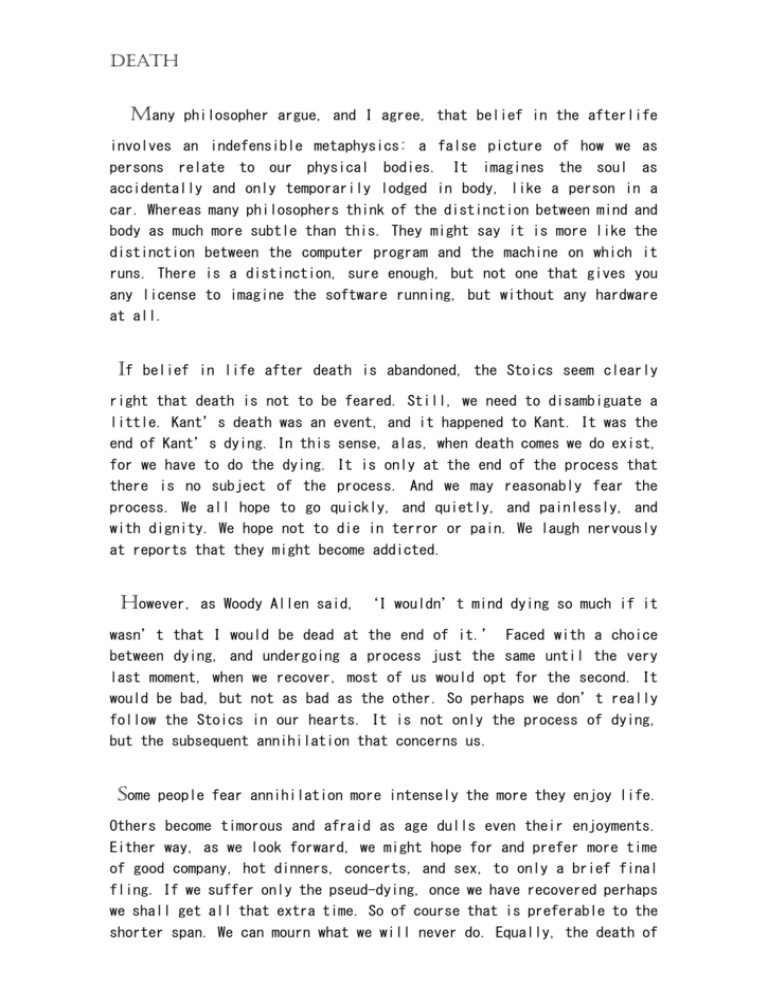
Death Many philosopher argue, and I agree, that belief in the afterlife involves an indefensible metaphysics: a false picture of how we as persons relate to our physical bodies. It imagines the soul as accidentally and only temporarily lodged in body, like a person in a car. Whereas many philosophers think of the distinction between mind and body as much more subtle than this. They might say it is more like the distinction between the computer program and the machine on which it runs. There is a distinction, sure enough, but not one that gives you any license to imagine the software running, but without any hardware at all. If belief in life after death is abandoned, the Stoics seem clearly right that death is not to be feared. Still, we need to disambiguate a little. Kant’s death was an event, and it happened to Kant. It was the end of Kant’s dying. In this sense, alas, when death comes we do exist, for we have to do the dying. It is only at the end of the process that there is no subject of the process. And we may reasonably fear the process. We all hope to go quickly, and quietly, and painlessly, and with dignity. We hope not to die in terror or pain. We laugh nervously at reports that they might become addicted. However, as Woody Allen said, ‘I wouldn’t mind dying so much if it wasn’t that I would be dead at the end of it.’ Faced with a choice between dying, and undergoing a process just the same until the very last moment, when we recover, most of us would opt for the second. It would be bad, but not as bad as the other. So perhaps we don’t really follow the Stoics in our hearts. It is not only the process of dying, but the subsequent annihilation that concerns us. Some people fear annihilation more intensely the more they enjoy life. Others become timorous and afraid as age dulls even their enjoyments. Either way, as we look forward, we might hope for and prefer more time of good company, hot dinners, concerts, and sex, to only a brief final fling. If we suffer only the pseud-dying, once we have recovered perhaps we shall get all that extra time. So of course that is preferable to the shorter span. We can mourn what we will never do. Equally, the death of a child is a more moving event than that of an adult, because of all that the child never enjoyed and never did. Reference Ethics: A Very Short Introduction / Simon Blackburn
